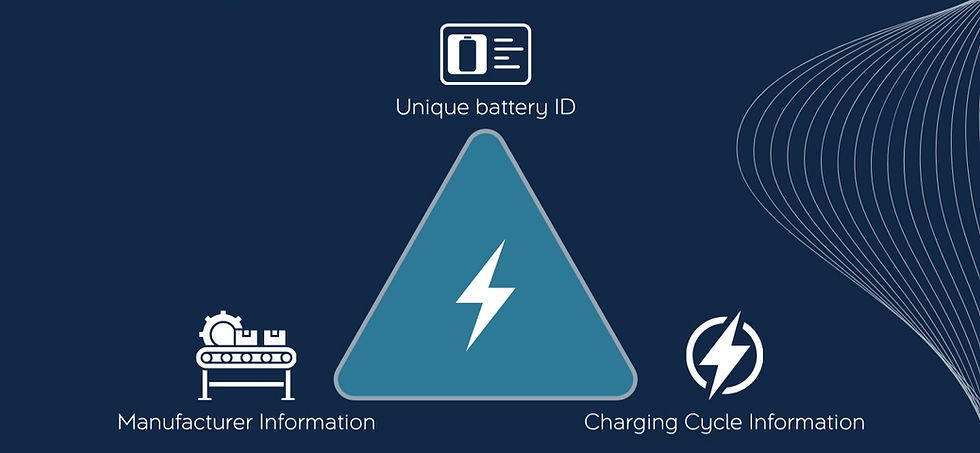Battery Recycling: A Strategic Opportunity for a Sustainable Future
- valery_noryk

- May 12, 2025
- 2 min read
The transition to electric vehicles (EVs) and renewable energy solutions is accelerating — and with it, the demand for efficient battery recycling is reaching critical levels. As global consumption of lithium-ion batteries grows, so too does the volume of end-of-life battery materials in need of sustainable management. This presents a powerful economic and environmental opportunity.
The Rising Demand for Battery Recycling
Battery recycling is no longer a niche concern — it’s a booming industry poised for significant growth. With estimates of potential profits reaching up to $1,600 per ton of recovered material, it’s clear that recycling batteries is not only vital for sustainability, but also for building robust, circular value chains.
As more EVs hit the road and aging batteries reach the end of their usable life, the need to responsibly recover valuable raw materials like lithium, cobalt, and nickel becomes a priority. Battery recycling enables the reuse of these finite resources, reducing reliance on mining and strengthening supply chain resilience.
With millions of batteries reaching end-of-life each year, the need for effective battery recycling is critical. These used batteries, if not properly recycled, can pose serious environmental hazards. However, they also contain a rich trove of valuable materials. At the heart of the process is what’s known as black mass — the fine, powder-like substance derived from shredded lithium-ion batteries.
What Is Black Mass and Why Is It Valuable?
Black mass contains key metals used in battery production, including:
Lithium
Cobalt
Nickel
Manganese

These are the essential ingredients for manufacturing new batteries, making black mass a core input for creating a closed-loop battery economy. Recovered materials from black mass are refined and reused to produce fresh cathode and anode materials for next-generation lithium-ion batteries. In essence, black mass is transformed into the foundation of new battery cells — supporting sustainability, cost-efficiency, and supply chain independence.
Policy Shifts at Battery Recycling Area
The European Union has been especially proactive, pushing regulations that promote battery recycling and circular economy principles. These frameworks are setting a new standard globally, compelling manufacturers to incorporate recycling practices not just as an option, but as a core operational requirement.

As a result, businesses that act now to establish or expand their battery recycling capabilities are well-positioned to meet both regulatory and market demands.
ALEXEC Consulting: Your Partner in Battery Strategy
At ALEXEC Consulting, we help clients capture value across the battery lifecycle. Whether you're looking to integrate black mass processing into your supply chain or understand how evolving regulations affect your battery-related operations, we provide the insights and support needed to succeed.
We see battery recycling not just as an obligation — but as a strategic lever for growth, resilience, and environmental impact.





Comments